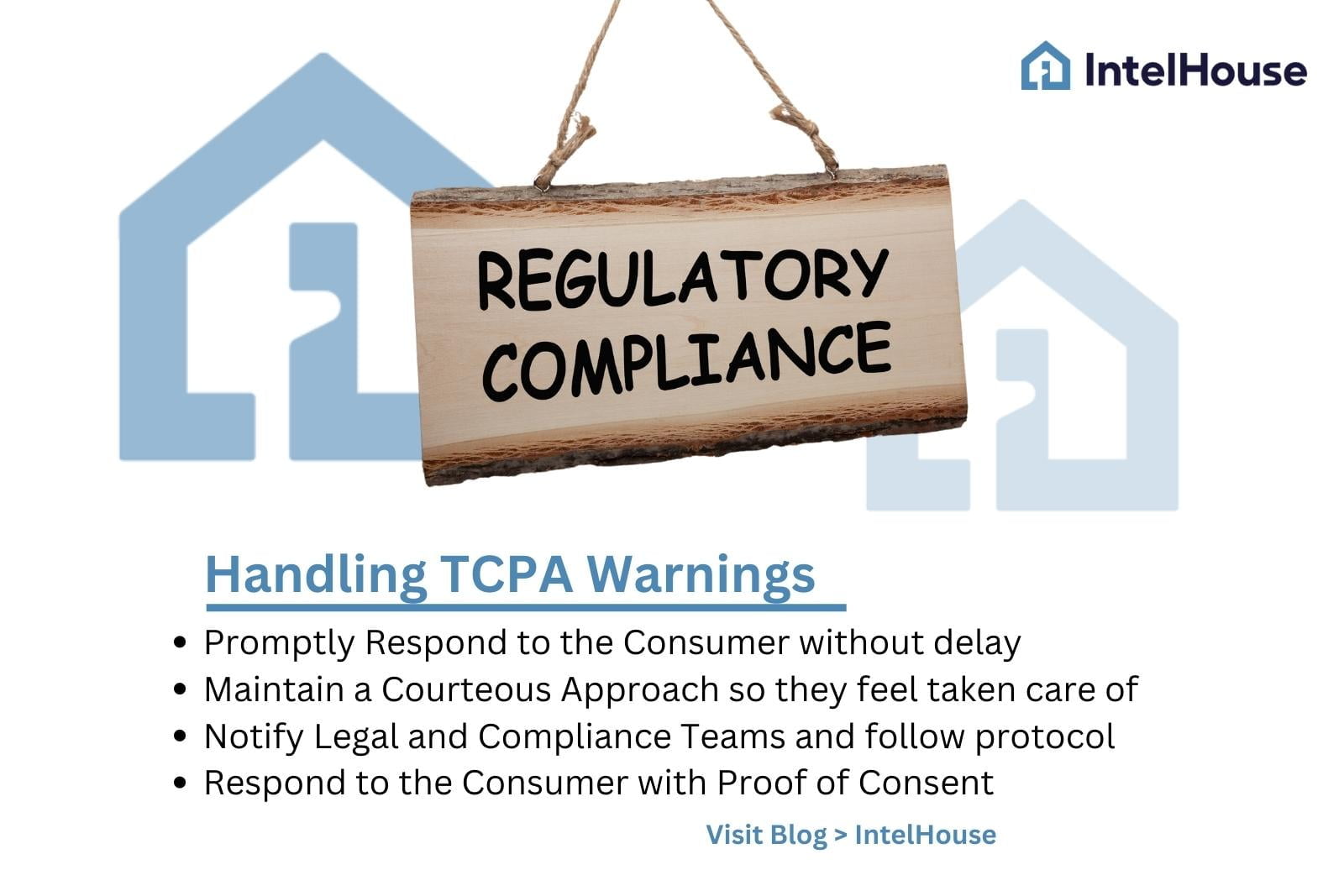Handling TCPA Complaints: Best Practices for Protecting Your Business
Receiving a warning from a consumer claiming a violation of the Telephone Consumer Protection Act (TCPA) can be concerning for any business. The TCPA restricts the use of certain communication methods to contact consumers without their prior consent, and violations can result in significant penalties. However, by following best practices and taking proactive steps, you can protect your business and determine the validity of the situation. Here’s a guide to handling a possible TCPA complaint and safeguarding your interests.
Promptly Respond to the Consumer
Upon receiving a warning, it’s crucial to respond to the consumer in a timely manner. Engage in a conversation to gather more information, particularly their phone number (the one you supposedly contacted) to assess the situation properly. If they fail or refuse to provide this information, the warning may be unsubstantiated. Ignoring the consumer’s initial warning may prompt them to escalate the issue to a formal demand letter.
Maintain a Courteous Approach
While accusations of TCPA violations may provoke initial frustration, it’s essential to remain calm and courteous. Assure the consumer that your company prioritizes privacy and compliance, emphasizing that contacting individuals without their consent goes against your standard practices. A respectful conversation can yield valuable insights that help determine whether an actual violation occurred.
Review Consent Documentation
Ensure your company adheres to relevant regulations and maintains proper consent documentation when marketing to consumers via phone calls or text messages. If you possess documentation proving the consumer’s consent to be contacted, such as a TrustedForm Certificate, leverage this evidence to support your case.
Notify Legal and Compliance Teams
Inform your legal and compliance teams about the consumer’s complaint. They can investigate further by checking if the consumer is registered with the national “Do Not Call” (DNC) database and your company’s internal DNC database. It’s important to note that even if a consumer is on the DNC list, their consent to be contacted, backed by documented proof like the TrustedForm Certificate, can override their DNC registration.
Respond to the Consumer with Proof of Consent
Communicate with the consumer, reiterating that your company only contacts individuals who have requested to be contacted. Inform them about the documented proof of their prior express written consent to receive communications from your business. Show empathy towards the consumer, as it’s possible that someone else may have provided their information. Offer to add them to your internal DNC list to avoid future calls, unless they specifically request further contact.
Provide Documentation if Requested
If the consumer requests it, share the documentation proving their consent to be contacted. TrustedForm, for example, offers a “Share URL” that allows consumers to view the TrustedForm Certificate and the session replay of their form submission. This can serve as evidence of their consent and support your defense against any potential legal issues.
By following these best practices, you can build a strong case against a consumer’s TCPA warning. Ideally, you won’t encounter formal complaints or demand letters. However, by utilizing a TrustedForm Certificate or similar evidence, you can demonstrate that the consumer expressed interest in your products or services and agreed to be contacted. Ensuring compliance with TCPA regulations and having proper documentation are essential steps for protecting your business. Consider scheduling a demo to explore how our platform can assist you in maintaining TCPA compliance.
For more information about TCPA laws and how IntelHouse can help your business grow safely, please contact a member of our team for a quick consultation: Schedule Meeting
